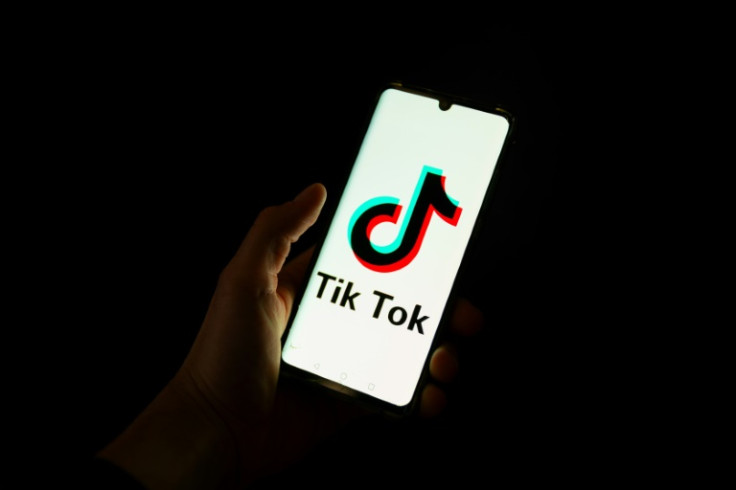
TikTok faces an imminent shutdown in the United States after Congress passed a law last year forcing its Chinses owner ByteDance to either sell the platform or close it by this Sunday.
The US Supreme Court is expected to rule this week on TikTok's challenge to the law.
Following a hearing last Friday, expectations are high that the law will stand.
Here is a review of what could happen next for TikTok in the United States.
Under a ban, the US government would first direct Apple and Google to remove TikTok from their app stores, preventing new downloads as early as Sunday, a day before President-elect Donald Trump takes office.
However, the app would remain on the phones of the existing 170 million US users unless TikTok directly blocks their access.
Although TikTok lawyer Noel Francisco stated the site would "go dark" on Sunday if the justices failed to block the ban, many observers doubt ByteDance would unilaterally hit the off switch for American users.
Even if TikTok keeps its app accessible, US users would stop receiving security and software updates, leading to gradual deterioration in quality and increased vulnerabilities.
As a workaround, users might turn to VPNs (virtual private networks) to mask their location by routing through countries where TikTok remains available.
Another possibility is that TikTok could update from non-US servers through partnerships with foreign, non-Chinese companies -- though this would constitute direct defiance of US authorities and likely intensify scrutiny of ByteDance's US operations.
Once Trump takes office, the law's implementation will fall to his attorney general, who could choose not to enforce it, or stall, defying Congress's overwhelming support for the legislation.
The Trump administration might also approach the Republican majority in Congress to modify the law, potentially giving ByteDance more time to find a buyer or devise alternative solutions.
Once banned, the assumption is that TikTok users will move to other apps, like Instagram Reels and YouTube shorts, TikTok copycats that have grown and will directly benefit from their rival's demise.
Elon Musk's X could also benefit and the tycoon has made it known that he wants his platform, formerly Twitter, to more closely resemble TikTok, with video content and shopping features.
Trump has expressed concern that a ban would primarily advantage Meta-owned Instagram, which may explain Mark Zuckerberg's recent public support for Trump.
Some American content creators have already migrated to Xiaohongshu (Red Note), another Chinese social media app that recently topped the Apple App Store downloads.
Several potential buyers have emerged, including a group led by Frank McCourt, former owner of the Los Angeles Dodgers, even if ByteDance has ruled out a sale for now.
His partner in the bid, Canadian businessman Kevin O'Leary, recently golfed with Trump and reported the president-elect's desire to use the TikTok saga as leverage in US-China relations.
A report that the Chinese authorities would be open to a buyout by Musk was denied by TikTok.
Former Activision Blizzard CEO Bobby Kotick also remains interested in buying TikTok, according to the Information.
For now, TikTok's fate rests with the Supreme Court, with the company lawyers asking the nine justices for a delay to any ban to provide "breathing space" for a solution.
"Nobody knows what they can do and who's going to do it until they hear from the Supreme Court," Trump told Newsmax on Monday.







